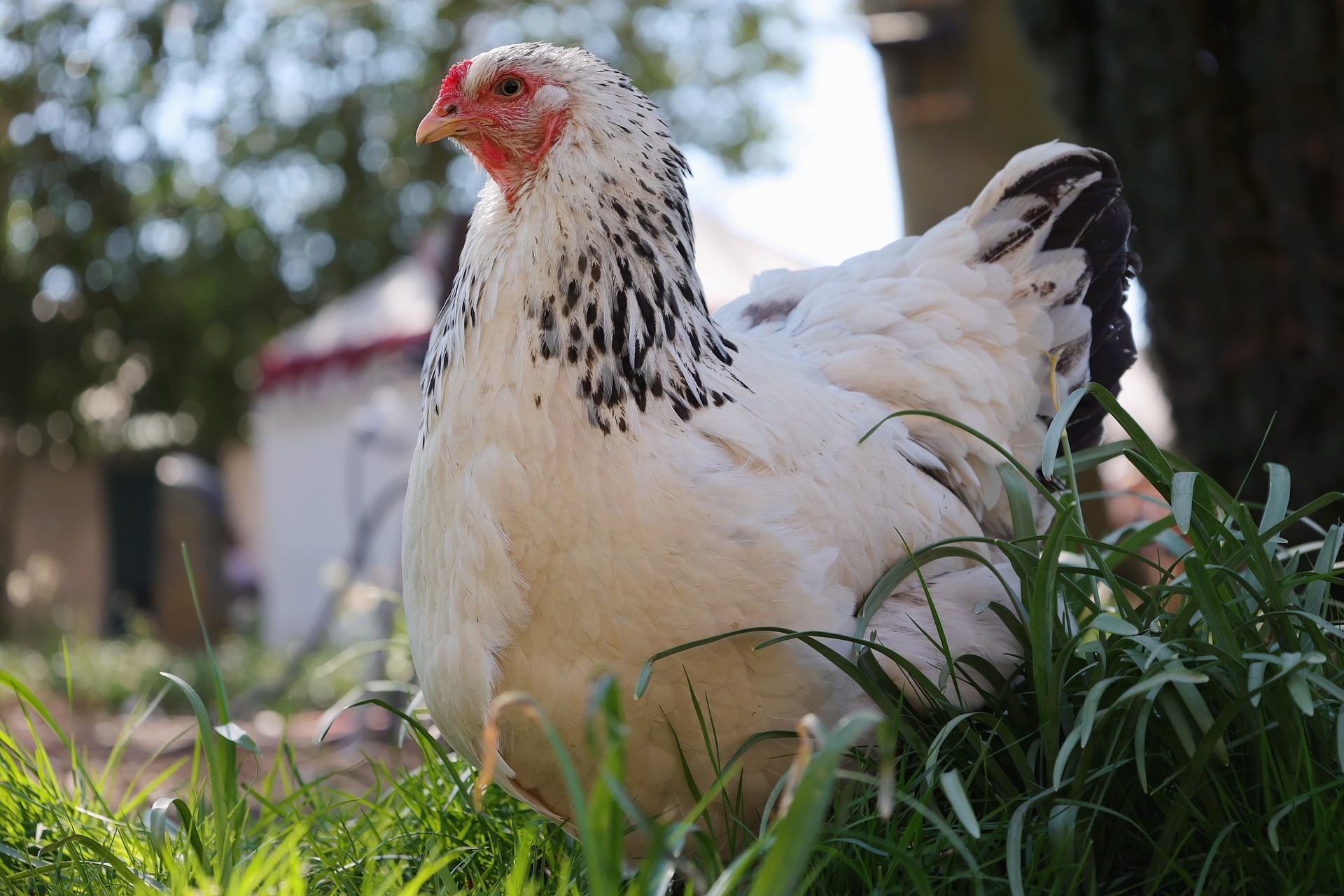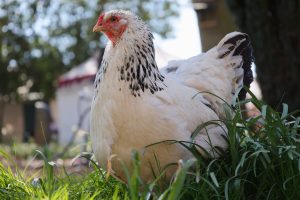The relationship between chickens and rodents is a complex one often misunderstood by many backyard poultry enthusiasts. While it’s true that rats are attracted to chicken feed and cozy coop spaces, the idea that chickens actively seek out and consume mice is a misconception that merits closer examination. Can chickens eat mice? In this blog, we’ll delve into the realities of rodent control in backyard coops, debunking myths and offering practical solutions for safeguarding your flock against these pesky intruders.
Dispelling Misconceptions: Contrary to popular belief, chickens themselves are not the primary attractants for rodents. Instead, it’s the abundance of food and shelter provided by chicken feed and cozy coop environments that lure rats in. Understanding this crucial distinction is the first step toward effective rodent management in backyard settings.
Hazards Posed by Rodents: Rats pose a myriad of problems for backyard chicken keepers. From consuming chicken feed and stealing eggs to carrying diseases and parasites, their presence can jeopardize the health and safety of your flock. Moreover, rats can reproduce rapidly, exacerbating the problem and making timely intervention essential.
Understanding Rat Behavior: While rats may occasionally prey on baby chicks and eggs, their primary motivation is typically centered around securing food and shelter rather than actively seeking out chickens for consumption. Nonetheless, their presence can lead to stress and potential harm to your flock if left unchecked.
Health Risks and Disease Transmission: In addition to direct predation and food theft, rats can transmit a variety of diseases and parasites to both chickens and humans. From salmonellosis to leptospirosis, the health hazards posed by rodent infestations underscore the importance of proactive rodent control measures.
Practical Rodent Control Strategies: Protecting your flock against rodent infestations requires a multi-faceted approach that addresses both attractants and active control measures. Securing feed storage in rodent-proof containers, sealing coop entrances, and implementing specialized feeders can help minimize the risk of rodent intrusion.
Preventing Digging and Chew Damage: Rats are adept diggers and chewers, capable of burrowing under fencing and gnawing through various materials. Preventing access to coop spaces and reinforcing structural integrity through hardware cloth and other barriers can help deter rodent activity and protect your flock.
Investing in Rodent-Proof Equipment: Investing in rodent-proof chicken feeders and waterers, such as treadle feeders or hanging feeders with weight-sensitive closures, can further minimize the risk of rodent-related issues. These specialized devices ensure that feed remains inaccessible to rodents while still providing convenient access for your flock.
Conclusion: In conclusion, while chickens may occasionally consume mice opportunistically, the primary concern for backyard chicken keepers lies in mitigating the risks posed by rodent infestations. By understanding the dynamics of rodent behavior, implementing proactive control measures, and investing in specialized equipment, you can create a safer and healthier environment for your flock to thrive. Remember, effective rodent control is not just about protecting your chickens—it’s also about safeguarding the well-being of your family and community. For those wondering, Can chickens eat mice,” it’s important to focus on preventing rodent issues rather than relying on chickens as a solution.







